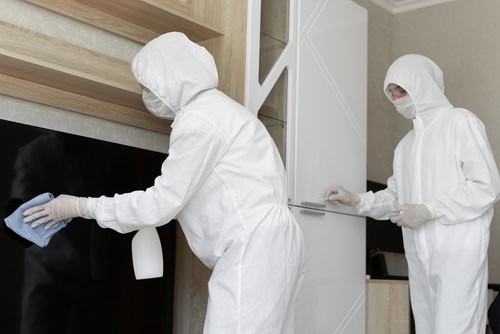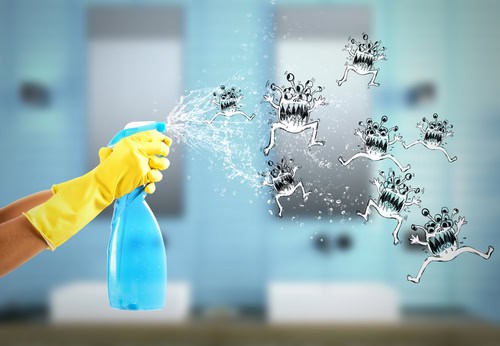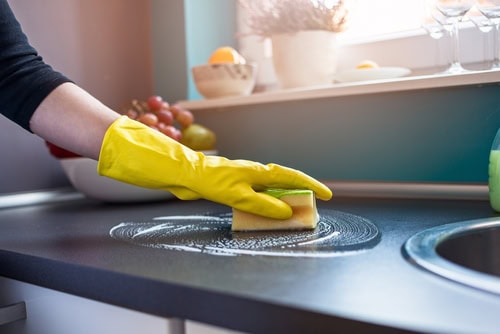
Cleaning and Disinfecting Kitchen Countertop The Right Way
March 1, 2022
How To Disinfect Home Cleaning Cloth?
May 24, 2022Is It Necessary to Disinfect And Clean Your Home After Covid Isolation?

Is it necessary to disinfect and clean your home after covid isolation? Cleanliness is considered to be one of the very important parts of a person’s life. It is necessary to clean and disinfect your home after Covid isolation. The treatment entails that certain areas of the body are isolated using a plastic suit, goggles, gloves, and a mask.
Reasons why it is necessary to disinfect and clean your home after covid isolation

1. To reduce the risk of spread of infections
The main aim of disinfecting and cleaning your home after Covid isolation is to eliminate the bacteria and prevent them from spreading to other family members. During Covid isolation, a patient might suffer from infections due to their compromised immune system caused by the virus. Cleaning your home after the practice of covid isolation will eliminate these risks.
2. To remove any potential presence of viruses

It is important to clean your home after the practice of Covid isolation to remove any potential presence of viruses that might have been left on surfaces by patients.
3. To reduce the risk of spreading bacteria from patient to patient
This is done by taking the training suit and removing all liquids such as liquid or blood that might cause the spread of bacteria from patient to patient. It is important to use disinfectants in cleaning your home after the practice of Covid isolation.
Because once these are allowed on surfaces, they can cause remain stuck in these surfaces which may then lead to germs entering into other areas of your home via air vents or cracks.
4. To keep the surfaces of your home as clean as possible

One of the main purposes of Covid isolation is to prevent the spread of germs and infections. Cleaning and disinfecting your home after this practice will ensure that these areas are now free from any germs that could cause diseases in the future.
5. To reduce the risk of spreading bacteria from food
Germs can be found on many surfaces like dishes, mugs, spoons, forks and knives, etc which might then lead to the spread of bacteria from food onto other surfaces that have been in contact with food. For example, if you have eaten some contaminated food on your plate after the practice of Covid isolation, then germs found on your plate and in the air will eventually enter into your food when it is cooked.
6. To reduce the spread of airborne organisms and viruses
One possible way to prevent the spread of airborne organisms and viruses is to prevent people from coming into contact with these germs through cleaning surfaces that have been in contact with patients. This is done when patients are not allowed onto the same surface for a long period.




